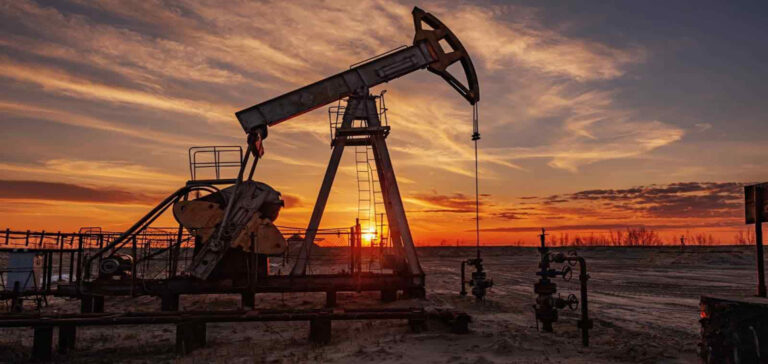The conflict between Hamas and Israel has little impact on oil supplies, according to the International Energy Agency (IEA). However, it was ready to intervene if necessary to ensure that oil markets remained adequately supplied. The war triggered by a Hamas attack on Israel has raised concerns about possible disruption to oil supplies in the Middle East.
Geopolitical Risk Premium
Although the IEA considers the impact on oil supply flows to be limited at this stage, oil markets reacted by including a higher geopolitical risk premium after the conflict began. Oil prices rose by over 5% in response to the outbreak of the conflict, although they have since fallen back slightly.
The IEA pointed out that, although there has been no direct impact on the physical supply of oil, markets will remain vigilant as the situation evolves.
Geopolitical risk in the Middle East
The Middle East accounts for more than a third of the world’s seaborne oil trade, and any increased geopolitical risk in this region can put a strain on global oil markets. The voluntary reduction in oil production by Saudi Arabia and Russia until the end of the year has already pushed up oil prices, reaching almost $98 a barrel in mid-September.
Against a backdrop of tense oil markets, the IEA has declared its readiness to take action if necessary to ensure that markets remain adequately supplied. In addition to its consulting and analysis missions, the Agency provides recommendations to help countries guarantee their energy security where necessary.
Destroy Demand
The IEA noted that oil demand has been affected by economic factors such as inflation and high interest rates, leading to large-scale demand destruction, particularly in low-income countries. Gasoline consumption in the USA has fallen to its lowest level in two decades, while electric vehicles are gaining in popularity in advanced economies.
Despite these trends, global oil demand is set to increase in 2023, mainly in China, India and Brazil. However, the IEA predicts a reduction in growth in 2024 due to the deterioration in the economic climate.
The IEA maintains its forecast for world oil demand at 101.85 million barrels per day in 2023 and 102.7 million in 2024, with little change from its previous estimates in September.






















